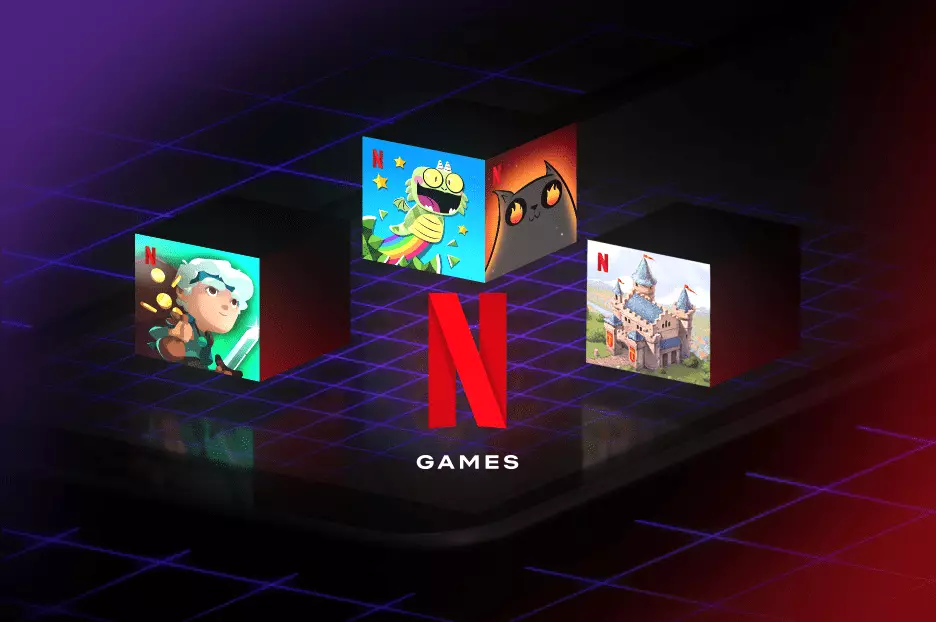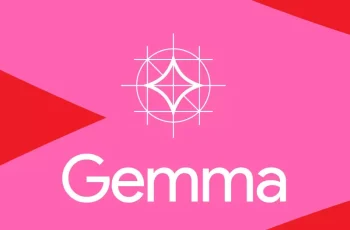Netflix Games faces uncertainty following the abrupt departure of Mike Verdu, its vice president of game development, just five months into his role. Verdu championed generative AI as a transformative force in gaming, envisioning limitless creativity akin to the industry’s golden era. However, his exit raises doubts about the initiative’s viability and Netflix’s strategic direction in gaming, especially given the lack of tangible results or a clear plan for integrating AI into development.

The leadership shake-up, coupled with whispers of layoffs, suggests internal chaos and a lack of readiness for such ambitious tech-driven goals. With no successor named and no reaffirmed commitment to generative AI, Netflix’s gaming strategy appears adrift. Traditional gaming giants like Rockstar outshine Netflix’s own titles, such as “Squid Game: Unleashed,” which, despite commercial success, barely impacts subscriber retention. This highlights Netflix’s challenge: becoming a serious gaming contender while relying heavily on external IPs.
Netflix stands at a crossroads—invest in original titles, requiring significant resources and innovation, or opt for safer, licensed content with smaller returns. The former could solidify its reputation as an entertainment innovator, but recent missteps suggest a waning focus on originality. The latter risks undermining its credibility in a crowded market. As gaming thrives on innovation, Netflix must clarify its vision and leverage its vast potential. The clock is ticking to decide between bold originality or cautious licensing, with each path carrying distinct risks and rewards. Without a clear strategy, Netflix Games’ future remains uncertain.




